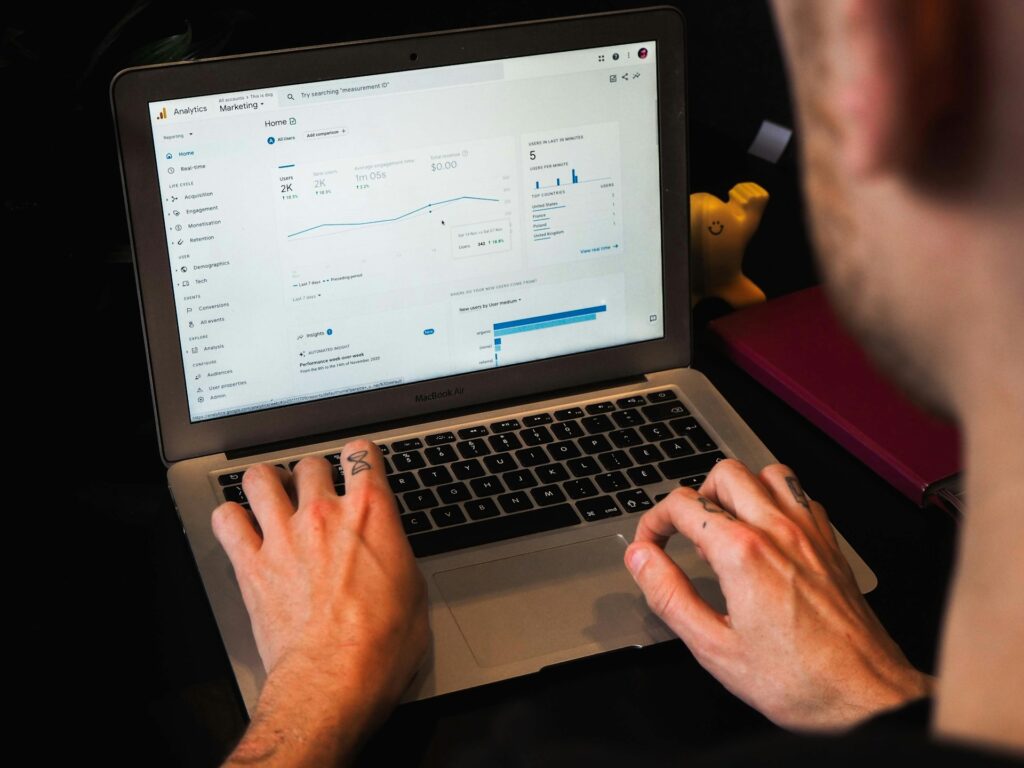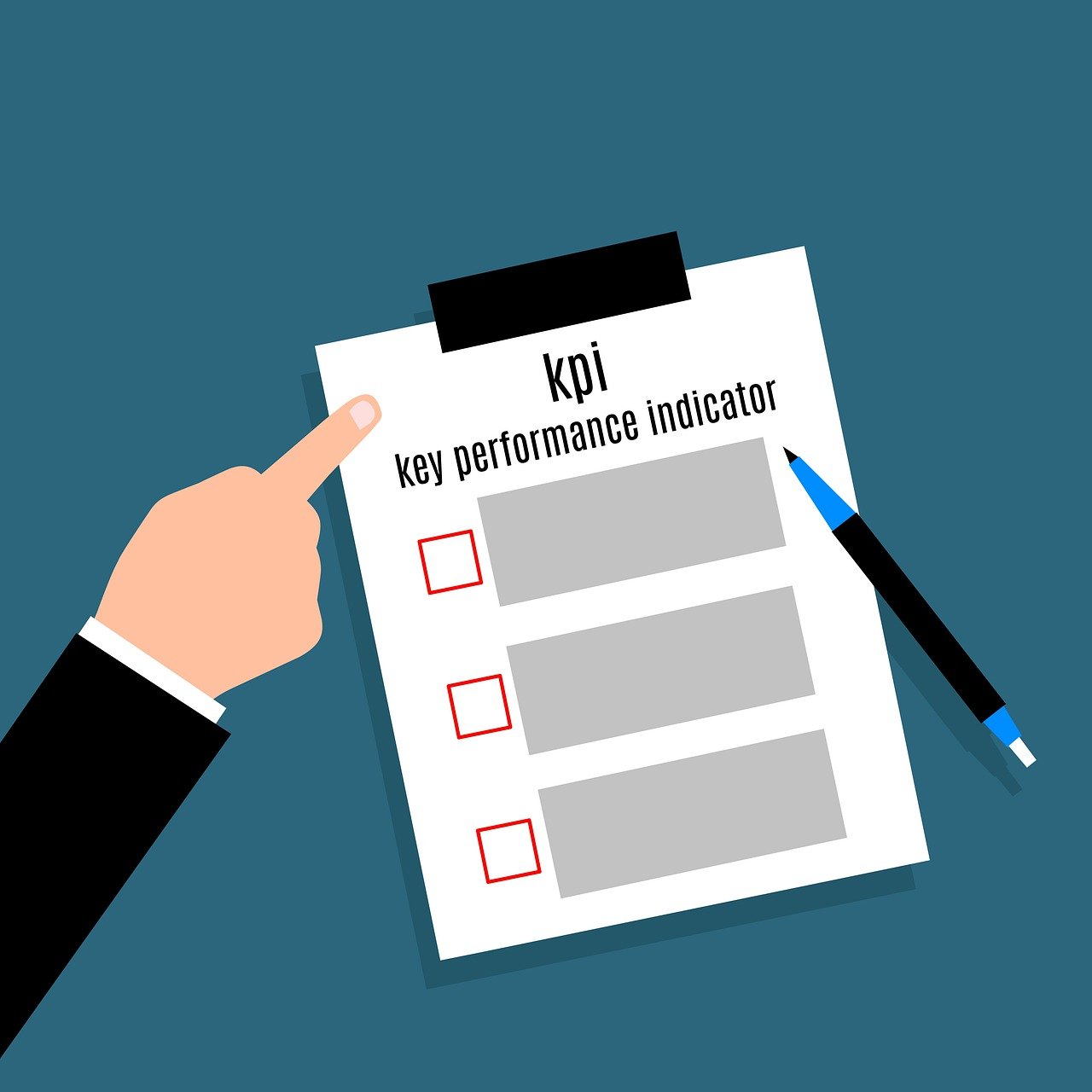In the ever-evolving landscape of digital marketing, success is contingent upon more than just innovative campaigns and creative content. To truly understand the effectiveness of your digital strategies, it’s crucial to delve into the realm of Key Performance Indicators (KPIs).
These metrics serve as the compass guiding your digital marketing efforts, providing valuable insights into what works and what needs adjustment. In this blog, we will explore the significance of tracking KPIs and delve into the top five metrics that can unlock success in your digital marketing endeavors.
Why Tracking KPIs is Important for Digital Marketing Success
Before we embark on our exploration of specific KPIs, let’s first understand why tracking them is fundamental to digital marketing success. KPIs act as the heartbeat of your marketing campaigns, offering a quantitative measure of their effectiveness.
They provide tangible data that allows you to make informed decisions, optimize strategies, and allocate resources where they will yield the highest returns. From website performance to social media engagement, KPIs illuminate the path to success and empower marketers to refine their approach continuously.
Key Performance Indicators for Digital Marketing
KPI 1: Website Traffic and Visitor Engagement
The first stop on our journey into digital marketing KPIs is website traffic and visitor engagement. Understanding how many people are visiting your site and how they interact with its content is foundational.
Metrics like page views, bounce rate, and time spent on site unveil the effectiveness of your website in capturing and retaining audience attention.

KPI 2: Conversion Rate and Lead Generation:
Conversion rate and lead generation are pivotal KPIs that measure the effectiveness of a digital marketing campaign in turning visitors into customers.
Tracking these metrics helps optimize the conversion funnel and enhance the overall customer journey.
KPI 3: Return on Investment (ROI):
ROI is a critical KPI that quantifies the profitability of digital marketing efforts. Understanding the financial impact of campaigns allows businesses to allocate budgets strategically and focus on channels that deliver the best returns.
KPI 4: Customer Acquisition Cost (CAC) and Customer Lifetime Value (CLTV):
CAC and CLTV are interconnected KPIs that provide insights into the cost of acquiring a customer versus their long-term value.
Striking a balance between these metrics ensures sustainable growth and profitability.
KPI 5: Social Media Engagement and Brand Awareness:
For businesses leveraging social media, tracking engagement metrics (likes, shares, comments) and brand awareness indicators (reach, impressions) is vital.
Social media KPIs reflect the effectiveness of brand communication and audience interaction.

Tools and Methods for Tracking Digital Marketing KPIs:
Several tools and methods are available to streamline the process of tracking digital marketing KPIs. Google Analytics, social media analytics platforms, and marketing automation tools are just a few examples.
Businesses should choose tools that align with their goals and provide comprehensive insights into the selected KPIs.
Conclusion
In conclusion, unlocking success in digital marketing requires a strategic focus on key performance indicators. By consistently monitoring website traffic, conversion rates, ROI, CAC, CLTV, and social media engagement, businesses can adapt and refine their strategies for optimal results.
Embracing the right tools and methods for tracking KPIs empowers businesses to make data-driven decisions, ultimately driving success in the dynamic digital landscape. As you embark on your digital marketing journey, remember that KPI tracking is not just a measure of success but a catalyst for continuous improvement and growth.




